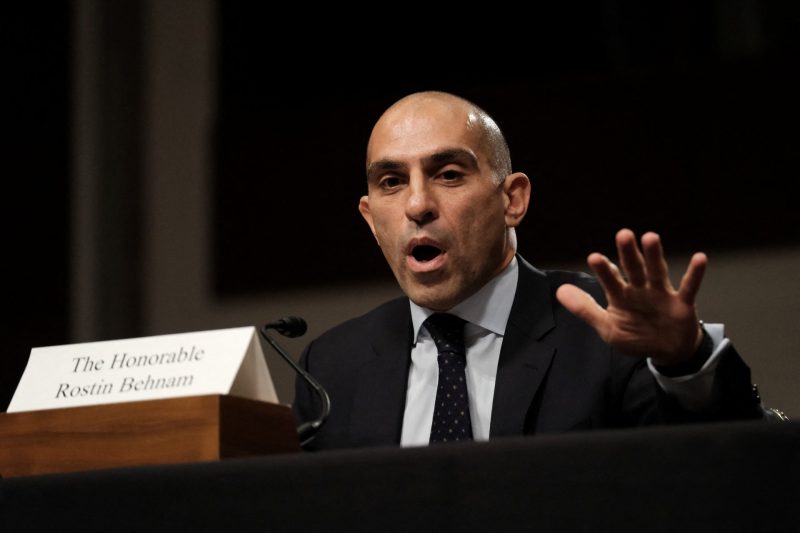Rostin Behnam, the Chair of the United States Commodity Futures Trading Commission (CFTC), has reiterated that Bitcoin (BTC) and Ether (ETH), the two largest cryptocurrencies by market cap, are commodities. Behnam emphasized that his agency should have regulatory oversight over these digital assets to better protect investors.
Behnam’s Testimony and Recent Court Ruling
On July 9, Behnam testified before the US Senate Committee on Agriculture, Nutrition, and Forestry. He highlighted a recent court ruling in Illinois, which reaffirmed that Bitcoin and Ether are commodities. This ruling was part of a $120 million Ponzi case involving an Oregon man accused of fraud. The Illinois district court judge stated that both assets are commodities under the Commodity Exchange Act. Additionally, the ruling classified Olympus (OHM) and KlimaDAO (KLIMA) as commodities.
Regulatory Gaps and Need for Federal Legislation
Behnam referenced a 2022 report from the Financial Stability Oversight Council (FSOC) that identified a regulatory gap in the spot market for digital assets that are not securities. The FSOC called for the CFTC to assume greater oversight of digital commodities. Behnam warned that inaction from other regulators would not diminish public interest in digital assets but would increase the risk to financial markets and investors.
“Our current trajectory is not sustainable. Federal legislation is urgently needed to create a pathway for a regulatory framework that will protect American investors and possibly the financial system from future risk,” Behnam stated.
CFTC’s Preparedness and Legislative Priorities
Behnam outlined five key legislative priorities to better regulate digital commodities:
- Tailored Rules for Cryptocurrencies: Creating regulations that address the unique risks associated with cryptocurrencies.
- Fee-for-Service Funding Model: Establishing a permanent funding model to support regulatory activities.
- Comprehensive Disclosure Regime: Requiring crypto asset registrants to adhere to extensive disclosure requirements.
- Enhanced KYC and AML: Strengthening Know Your Customer (KYC) and Anti-Money Laundering (AML) protocols.
- Balanced Framework for Commodities and Securities: Developing a clear framework to determine whether tokens are commodities or securities under existing laws, alongside launching comprehensive education and outreach programs on crypto assets in the US.
Collaboration Between CFTC and SEC
Behnam emphasized the importance of the partnership between the CFTC and the Securities and Exchange Commission (SEC) in regulating securities and derivatives markets. He expressed confidence that both agencies would continue to collaborate closely to ensure a reliable, fair, and efficient system for listing and trading digital assets on regulated exchanges.
